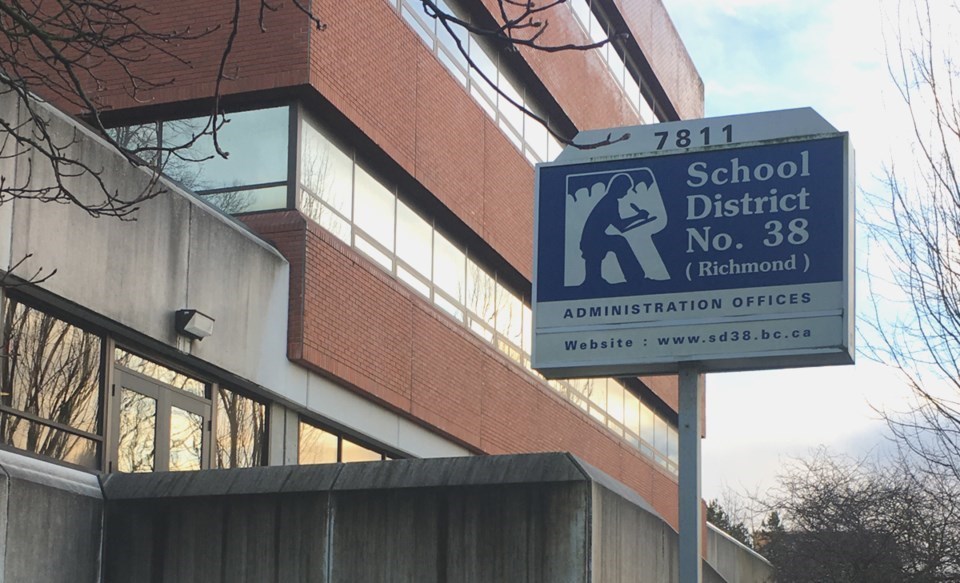The system can seem like a maze for parents trying to get help for their kids when they’re struggling with mental-health issues.
A new team-based approach, based in Richmond schools, attempts to tackle this, with a goal of helping parents find timely and comprehensive support for their kids.
Two schools in Richmond will soon house mental health hubs, called Integrated Child and Youth (ICY) teams, to help students and families connect to services.
“Instead of families having to constantly go find services, they have a team supporting them,” said Jane MacMillan, assistant superintendent with the Richmond School District.
The ICY teams, funded largely by the province but bolstered by Richmond School District staff, will provide “wraparound” services for kids struggling with mental health issues, MacMillan explained.
The first two teams will be located at Grauer and McNeely elementary schools, and later another two schools will be getting similar teams.
While these schools will serve as the space where the teams work out of, the hubs are intended to serve all students in Richmond’s public schools, not just these schools exclusively.
The ideal situation would be for the eventual four hubs to be spread out geographically to better serve all students, MacMillan said, but this will depend on space availability.
Judy Darcy, then-minister of mental health and addictions, was in Richmond two years ago announcing that these teams of mental-health professionals were coming to the Richmond School District.
Two school districts in the province, Comox Valley and Maple Ridge-Pitt Meadows, already have integrated teams in place, and MacMillan said she’s grateful Richmond was chosen as one of the early locations.
Eventually, these hubs will be located in various school districts across the province, she explained.
The teams will include child and youth clinicians, clinical counsellors, substance use support workers, youth peer support and Indigenous support positions.
Often families are struggling to access help for their kids struggling with mental-health issues, calling various agencies for help, but the goal with the team-based approach is to take that burden off them, giving them one point of contact, MacMillan said.
The team will then identify what services are needed and set families up to access these in a timely, streamlined and coordinated manner to get a “full set of services,” she added.
MacMillan said the ICY teams should provide the right services for youth and children in a “comprehensive way” so that “kids can be successful and healthy.”
“(That’s) what we want for every child and youth and every member of society — so they are supported in times of need,” MacMillan said.
School staff, including counsellors and administrators, will be informed about the integrated teams, MacMillan said.
That way, when they see students struggling within their individual schools, they can put them in contact with the Integrated Child and Youth team.



